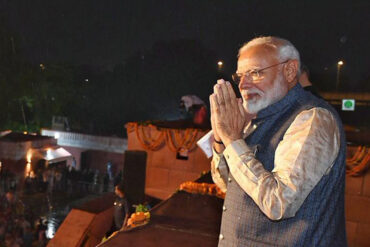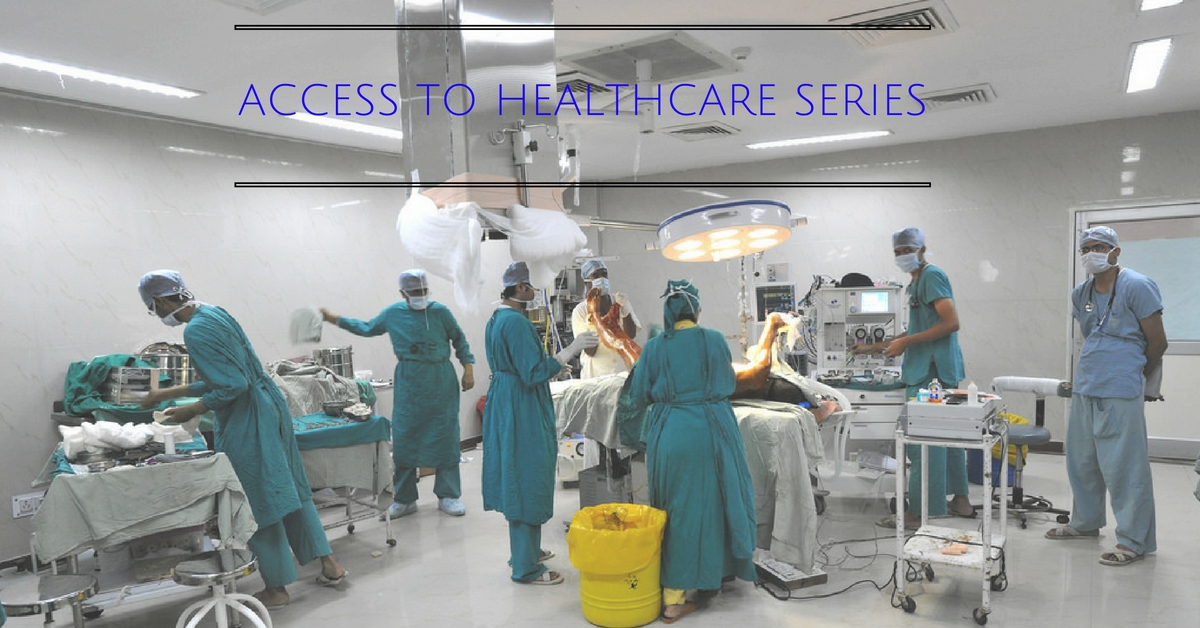This is the first under a series of articles The Kochi Post is running on access to healthcare.
The tertiary care health sector in Kerala comprises private and government hospitals. At the top tier of government hospitals are medical colleges, premier institutions which function as referral centres. Government hospitals are by themselves ill-equipped to meet public health demands.There are exceptions to this sweeping statement. Emergency care in government hospitals is usually good and there is an efficient system of referral to the tiers above, from the primary health centre to the teaching hospital, which is able to take care of most demands. Emergency care is free of cost in government hospitals, although this depends on the availability of medicines, implants and other consumables.
However, when it comes to elective cases, like an open heart surgery or a kidney transplant or a knee replacement surgery, this system often involves prolonged waiting periods. Some specialised procedures need highly skilled personnel or costly equipment. These may be available only at a few centres. Highly skilled professionals are scarce. It is difficult for government hospitals to retain their services over time as the salary paid by the government is meagre as compared to that in a private hospital. An exception to this is the highly skilled academician who likes to teach or do research, but this is a rare animal indeed.
In government hospitals the patient load is often high. There are centres where doctors examine up to three hundred patients in four hours. The doctor spends about a minute with one patient, not enough time to get a proper history, barely sufficient time to ask the patient what her problem is and write a prescription. In this melee, doctors concentrate on detecting seriously ill patients, those who will die or become disabled if treatment is delayed; the rest can be treated symptomatically another day when there is more leisure, a day that will never arrive.
In a private hospital the patient spends more time with the doctor but costs are significantly higher. Costs in private hospitals vary depending on the centre. They have now become exponentially higher with the advent of well-equipped super-speciality hospitals. The number of corporate and super-speciality hospitals have grown. This has caused, directly and indirectly, mid-level and small hospitals to close down or be absorbed by bigger ones. There are many reasons for the phenomenon, not just the erosion of patient base. Hospital and personnel assaults have increased. The high costs of litigation have made hospitals wary of taking up elaborate procedures in centers that may be described later as ill-equipped. The trend will continue.
In the bigger private hospitals costs can become unbearably high. I will instance the true case of a man who went to a big hospital with a knee injury which required surgical treatment. This involved reconstruction of three ligaments, a specialised procedure which few centres routinely perform. These operations are done in government hospitals, usually in teaching centres, but the waiting period can be long. The surgeon informed his patient that the total cost would be approximately Rs. 1,50,000, a huge amount for the patient. However, since he had no other option he decided to go for the operation. The procedure, done by three surgeons and their support staff, lasted five hours. The total MRP of the implants used was Rs. 50,000 for which the patient was charged Rs. 65,000. The Rs. 15,000 difference was the handling charges, a standard description used for the process of shifting them from the pharmacy store to the operation theatre. The cost of anesthesia disposables, a needle and a few drugs all costing under Rs. 5,000, was Rs.30,000. The total cost of the procedure was Rs. 1,92,000. The surgeon reduced his fees to Rs. 10,000, of which he would receive 70 percent. The three surgeons shared the Rs. 7,000. The patient left after paying Rs.1,80,000 which was all he had, and the surgeon stood as the guarantor until the patient came for his review and paid the rest. This is not an isolated event.
In private hospitals all medical equipment are sold at MRP. The hospitals may buy it for as cheap as fifty percent of the MRP. For implants and other costly material they mark it up with a further handling charge. The physician has no say in big hospitals even if, as is usually the case, he wants to keep costs low. He can, of course, take the patient to a smaller hospital where costs are better controlled. But here the risks may be higher and the doctor is out on a limb. If something goes wrong and and a complication ensues he may be hauled through the courts or, these days, even get physically assaulted.
The fact is that health is a costly business with stress both on the words ‘cost’ and ‘business’. Insurances are not popular in India even today and the number of insured people is very low. The government has started an insurance cover for BPL patients called the Rashtriya Swasthya Bima Yojana (RSBY) which is overall beneficial to patients. Unfortunately, it has been outsourced to private companies which often seek to obstruct payment whenever it can. There is much room for improvement.
The RSBY scheme is configured in illogical fashion. The amounts reimbursed are so low that in many cases private hospitals find it difficult to break even. The amount reimbursed for a total knee replacement surgery is Rs. 22,000. The cost of the implant used for the procedure alone is about Rs.70,000 and a big private hospital usually charges somewhere between Rs. 2,00,000 and Rs. 2,50,000 for the case. At the other extreme, for a carpal tunnel release, which takes about five minutes to perform and is a day-care procedure, the RSBY specifies six days of in-patient care.These rules are strictly enforced and the hospital claim will be rejected if it does not adhere to them. If the patient has to undergo a test which is not available at the hospital, a pantomime is enacted where he is discharged and sent outside, then readmitted after the specified interval of a couple of days, as per RSBY regulations.
Today, health has become too expensive for all but the very rich to afford. Healthcare is not a luxury. It is a basic human right which every person is entitled to by virtue of being a citizen. We are still far away from this ideal.
The next article will focus on alternative healthcare models.
Dr. Viswanathan K. is an orthopaedic surgeon who practices in a private hospital in Trivandrum. You can read all columns by Dr. Viswanathan here.
Main photograph by Asian Development Bank via Flickr.







